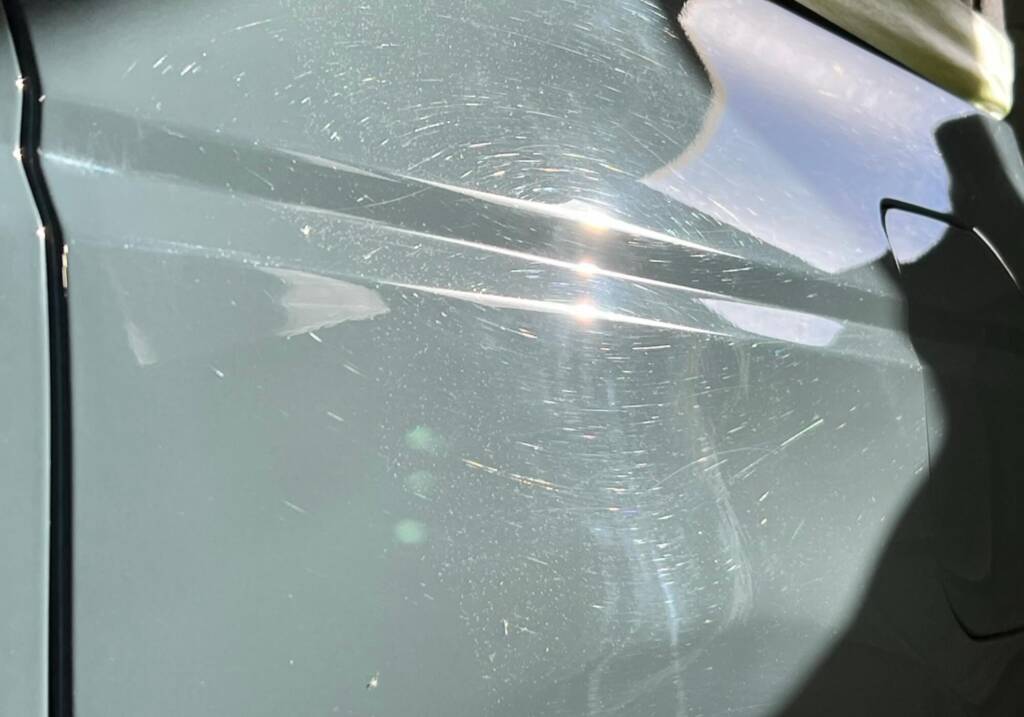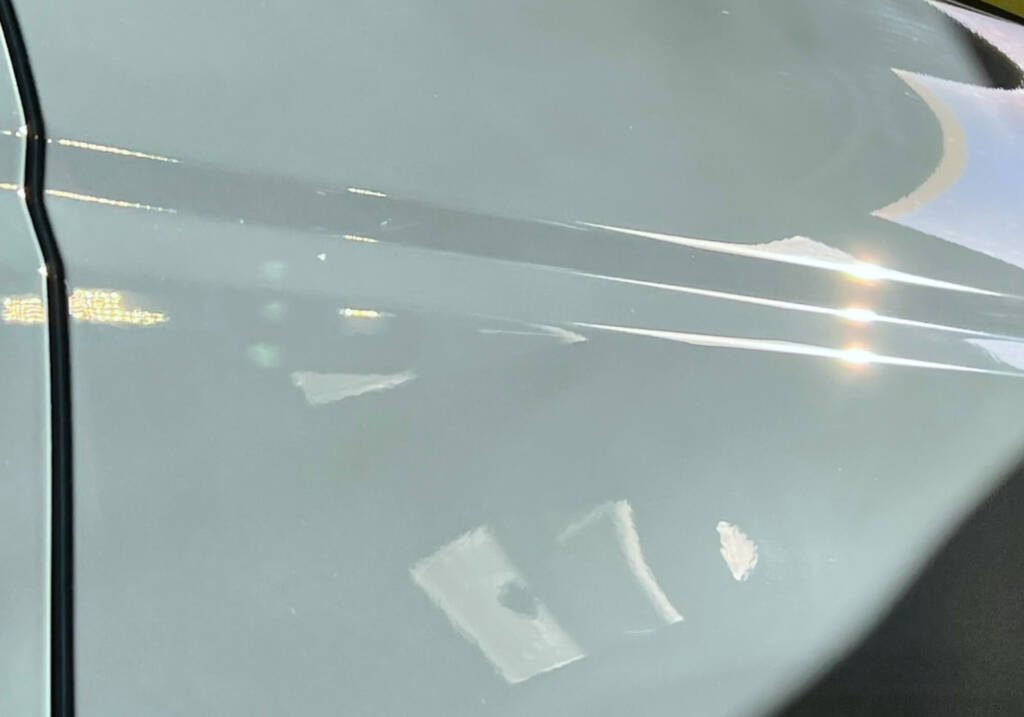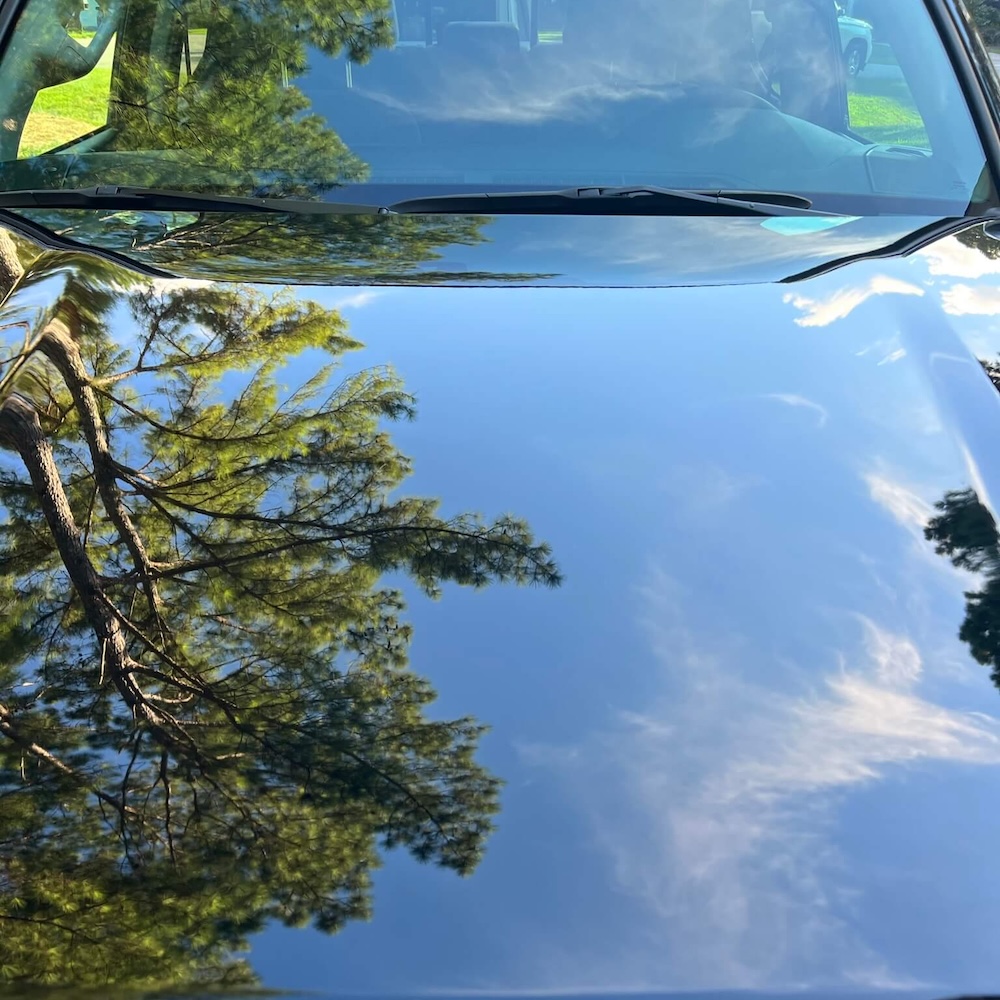Paint correction is a process used in the automotive detailing industry to restore and enhance the appearance of a vehicle’s paintwork. It involves the systematic removal of imperfections such as swirl marks, scratches, water spots, and other surface defects that dull the finish.
The Process
The process typically begins with a thorough inspection of the paint or gel coat to identify imperfections and assess the condition of the surface. Then, specialized tools and abrasive compounds are used to gently polish away the defects, gradually refining the surface to a smooth and flawless finish.
Paint correction requires skill, precision, and the use of appropriate techniques and products to achieve the desired results without causing damage to the paint or gel coat. The goal is to restore clarity, depth, and gloss to the surface, making it look as close to factory-fresh as possible.


After Paint Corrections
After paint correction, many detailing professionals recommend applying a protective coating, such as a ceramic coating, to preserve the newly restored finish and provide long-term protection against environmental elements and contaminants.
Overall, paint correction is a meticulous process that can significantly improve the appearance and value of a vehicle by rejuvenating its paintwork to showroom quality.


